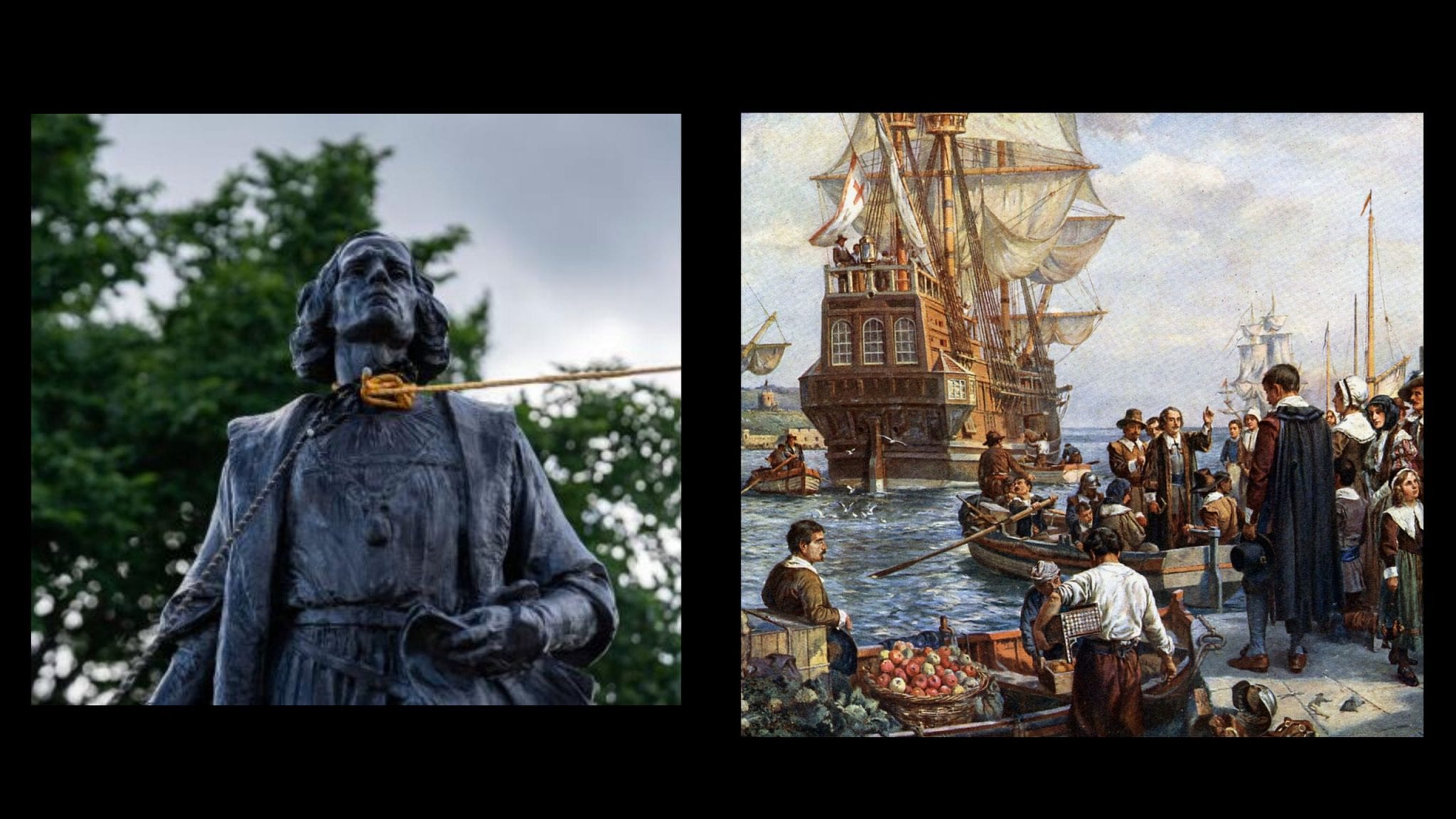
Moreover, reporting on, or perhaps even capturing, an adventurer, and turning him over to the local villain may actually lead to rewards, or at least to a lightening of the burden imposed on the village, or on a particular family. And the adventurers may, quite possibly, prove to be worse: it's not clear what social or legal force checks their behavior, and it will take time to adjust to their demands - an adjustment that has already been made with respect to evil overlords or harrying bandits. If the oppressors see the adventurers as a threat, they might take their frustrations out on the peasants after the adventurers have left. From the peasants' perspective, these tyrants will probably still be there long after the adventurers have moved on to greener pastures. Even if the peasants are currently oppressed by a villain - a local landlord who sets very high tax-rates, a group of marauding monsters in the nearby woods who ravage the village with regularity, or impose an onerous tribute - the local oppressors are known quantities. Often, encounters with strangers who both appear to be dangerous, and who do not understand the plight, lifestyle, and culture of the typical peasant, will be fraught with danger.

While adventurers attempt to ride the tiger of risk, commoners tend to be risk-averse: they lack the wherewithal to face the risk as individuals, and even as communities, peasants tend to be weak, disarmed, and isolated (hence, poorly informed, and without powerful allies).

Rather than the danger of being murdered by enemies, the primary risks are of accidental death or maiming, disease, famine, fire, and other mundane hazards that can curtail already short lives, or make a person incapable of fending for one's own self. Peasants, like adventurers, also lead risky lives, though for different reasons.

When such risk emanates from the salt-of-the-earth commoners, it usually points to a trust deficit, which the adventurers then inflate to ludicrous levels. When they are met with anything other than adulation, the results are usually bloody - for the peasants in the shorter-term, and occasionally, for the adventuring party in the longer term.Īdventurers lead risk-filled lives, and as they commonly manage risk through the use of violence, any heightened sense of risk will lead them to lash out at its real or purported sources. When adventurers think about their relationship with the lower orders as a whole (a rare occurrence - the masses are typically providers of basic goods and services, and occasionally nuisances or colorful distractions), they typically cast themselves as Defenders of Civilization and its people. The analysis will be divided into four sections, covering attitudes of the most populous classes (the "masses") those of the elites and rulers those of the middle orders (whose social attitudes are probably most resonant with those of the "murderhoboes" themselves) and finally, those of peripheral groups living beyond the margins of "civilization" (whose viewpoints most resemble those of the "monsters" of historical-fantasy RPGs).

An overview of social attitude toward the adventurers' "craft" therefore gives us a general sense of how typical non-player characters will regard adventurers, with what justification, and under what specific conditions. By virtue of their social weight these groups define social categories to a greater extent than the relatively shiftless adventurers (excepting the most successful examples). In this installment, we shift the lens to look at adventurers from the vantage point of more established social groups in society. In Parts I and II of this project, we looked at constructions of the adventurer as a social type - in fantasy fiction in the former, and in the historical record of their own life experiences in the latter.


 0 kommentar(er)
0 kommentar(er)
